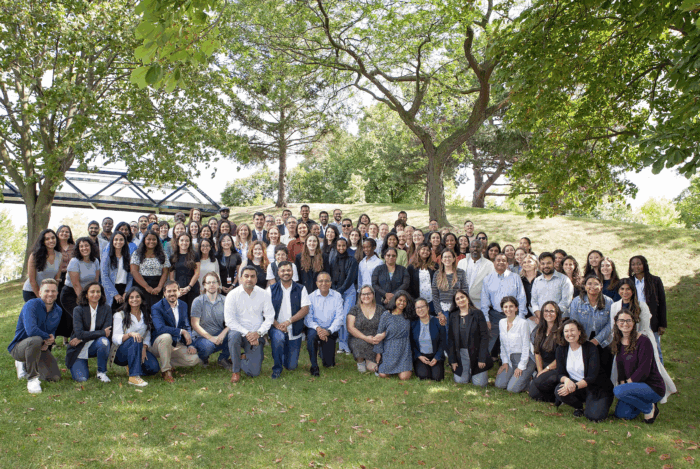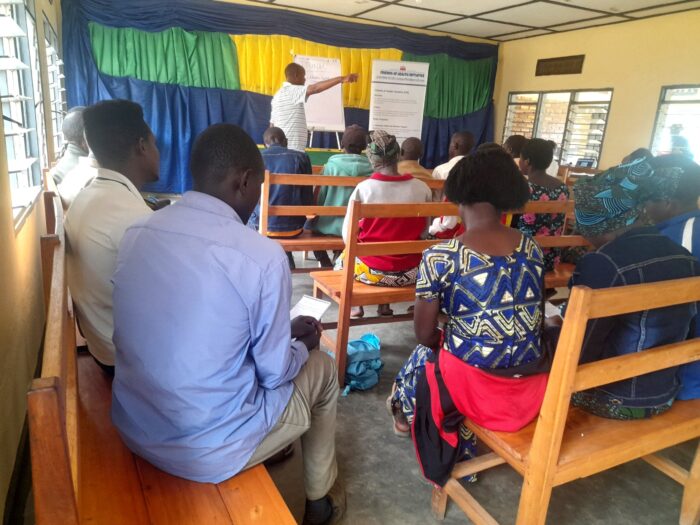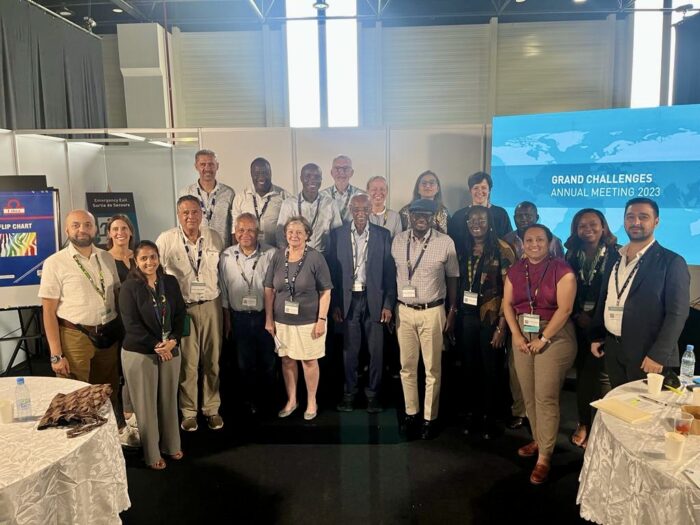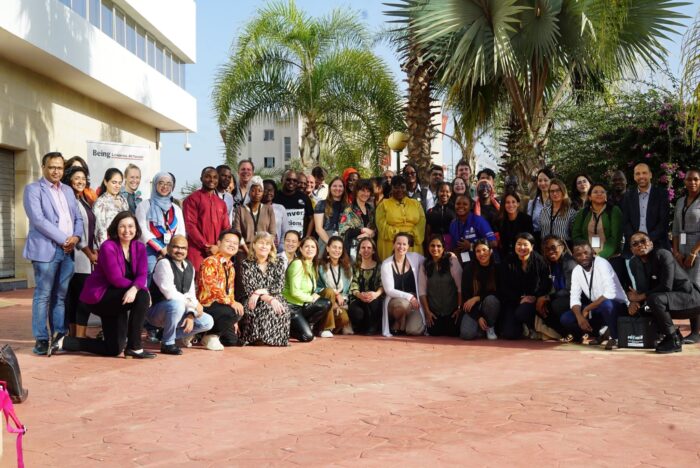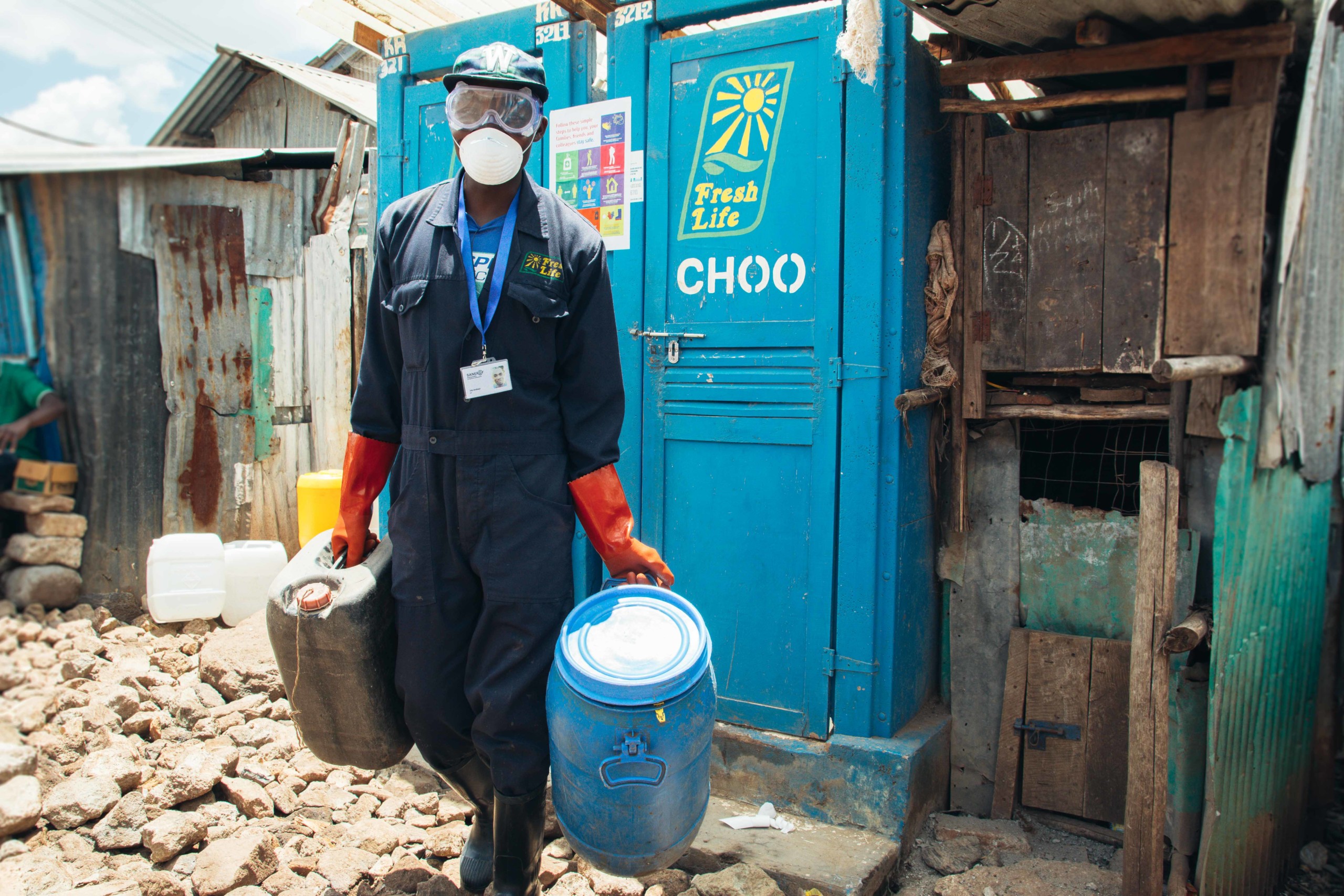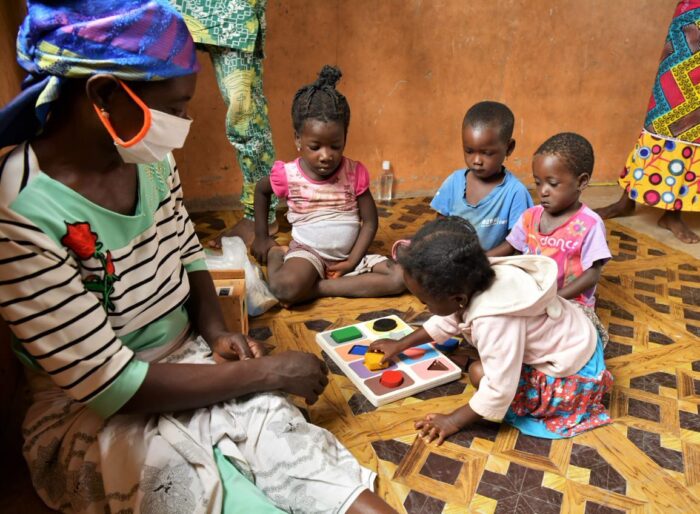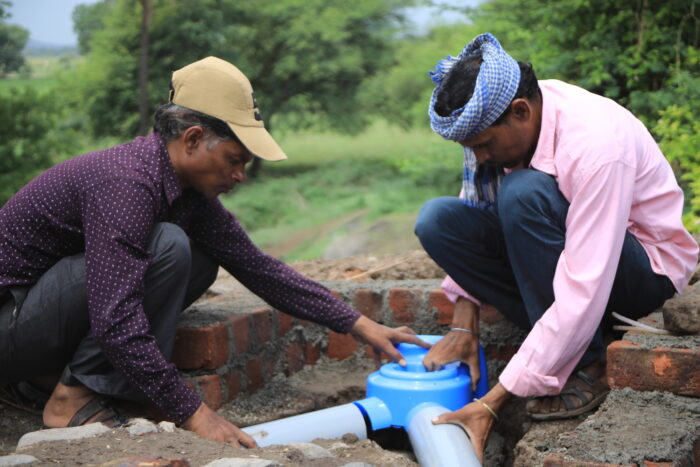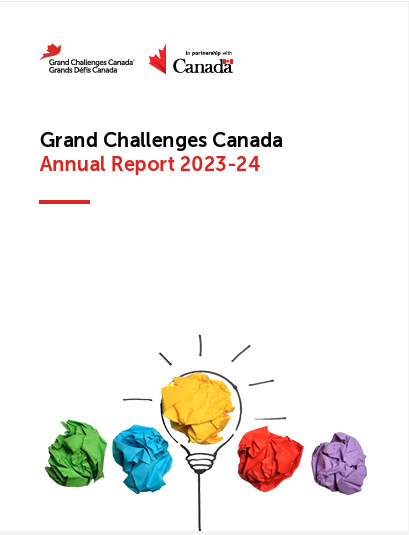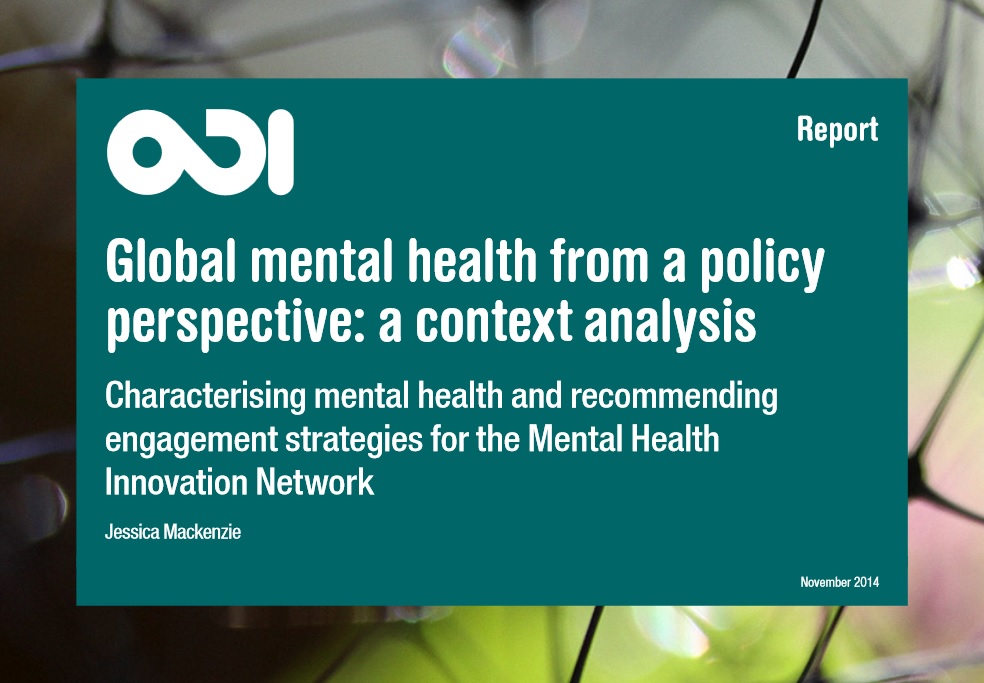Marguerite Regan is the Knowledge Exchange officer for the Mental Health Innovation Network (MHIN), concentrating on developing resources and methods to bridge the gap between the stakeholder groups within the global mental health sphere. This blog gives a background and summary of a report produced by the Overseas Development Institute, which characterizes mental health as a policy issues and recommends engagement strategies for the Mental Health Innovation Network and global mental health community. The full report can be accessed free here, and a podcast of Jessica discussing the report and her findings can be found here.
Mental illness will likely affect one in four people within their lifetime and neuropsychiatric conditions now account for 13% of the global burden of disease – with 70% of that burden in low- and middle-income countries. Despite this, mental health has not yet achieved due policy attention, nor ‘commensurate visibility, or the funding’ that is needed.
The Overseas Development Institute (ODI) was commissioned by the Mental Health Innovation Network (MHIN) to undertake a content analysis of global mental health, and the results have been published in this report. It characterizes mental health as a policy issue, and draws upon the experience of different social movements across global health to provide lessons for this field. The report focuses the barriers mental health faces in policy-makers and presents an array of engagement strategies to specifically inform how the MHIN can best help to improve policy influence across segments of the global mental health community.
The origins of the report
In June 2013 the MHIN hosted a stakeholder consultation to identify the needs of the group and relevant activities that could address these. The need to better understand how to engage policy-makers in the mental health arena was identified by the network as a priority. This report is a culmination of a short literature review, a series of interviews with GCC grantees and survey of the global mental health community funded by GCC.
Check out this storify for a recap of how the report came together and our workshop in Seattle in October.
The purpose of this report
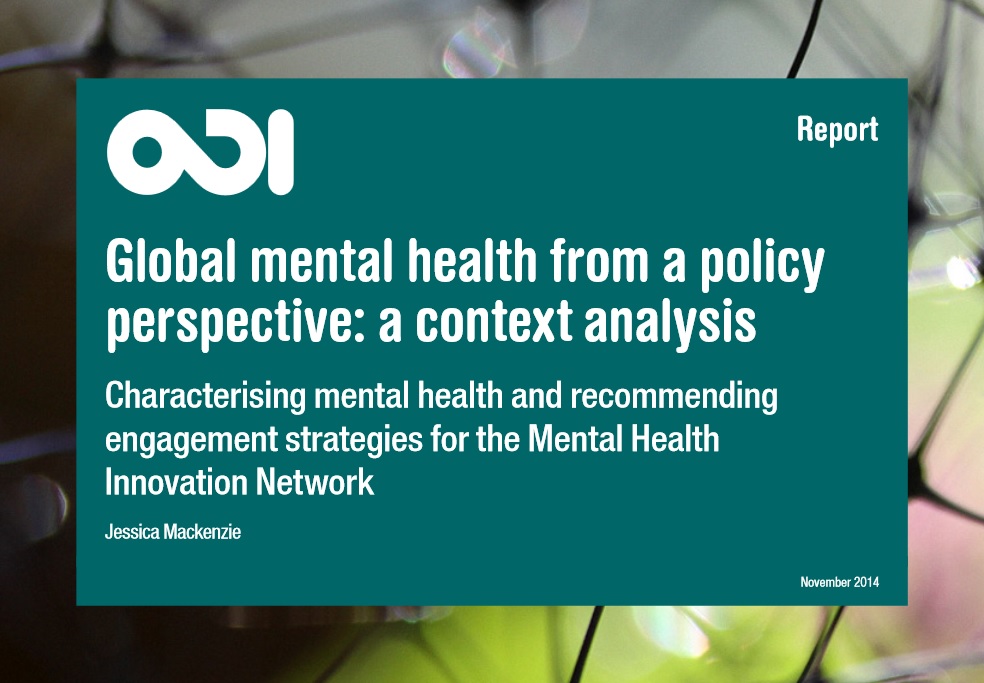
Mental health presents an increasingly significant global health policy challenge. There is a dramatic shortfall of services available to those in need, with the treatment gap estimated at between 76-85% for low- and middle-income countries, and 35-50% for high-income countries. Suicide, in particular, remains one of the leading causes of death across certain age groups (especially adolescents and young adults). Nevertheless, mental illness continues to be denied adequate levels of policy traction, financing and public support that would correspond to the actual scale of the issue.
The aim of this report is to share lessons learned and make recommendations on how to improve the skills and abilities of the mental health practitioners within the network to engage with policy-makers in a more systematic and informed way in their respective countries. The projects funded by GCC are predominantly based on action research and so this report will provide engagement strategies that are tailored accordingly.
The report provides a context analysis, mapping the opportunities and challenges that mental health faces as a policy issue across different country contexts and the extent to which this might differ from other policy areas, drawing upon the lessons from policy-makers and practitioners’ own experiences. Chapter 1 discusses the analytical framework that will be applied and why it is challenging to characterize global mental health as a policy issue. Chapter 2 identifies the characteristics particular to mental health which necessarily change the way that researchers and practitioners go about achieving policy influence, by helping them to conceptualize how the policy challenges they face are unique.
Chapter 3 reviews lessons that can be drawn from other areas outside of mental health (particularly from the broader health sector) that are relevant to overcoming barriers like stigmatization and generating support for policy change. By applying the Shiffman and Smith analytical approach, the report demonstrates how some health initiatives are more successful at achieving policy traction than others (Shiffman and Smith, 2007). It presents key lessons for the global mental health movement to consider. Chapter 4 of the report discusses the most appropriate policy engagement strategies for the global mental health community. It draws upon the tools and frameworks developed by the Overseas Development Institute’s Research and Policy in Development (RAPID) Programme in this area, to shape recommendations for Grand Challenges Canada grantees, and also for broader global mental health community actors to implement their work over the coming months and years.
This blog is also posted on the Mental Health Innovation Network. Grand Challenges Canada supports the Mental Health Innovation Network (MHIN). MHIN is a community of mental health innovators, researchers, practitioners, policy-makers, service user advocates and donors from around the world dedicated to sharing innovative resources and ideas to promote mental health and improve the lives of people with mental, neurological and substance use disorders.
We encourage you to post your questions and comments about this blog post on our Facebook page Grand Challenges Canada and on Twitter @gchallenges.
